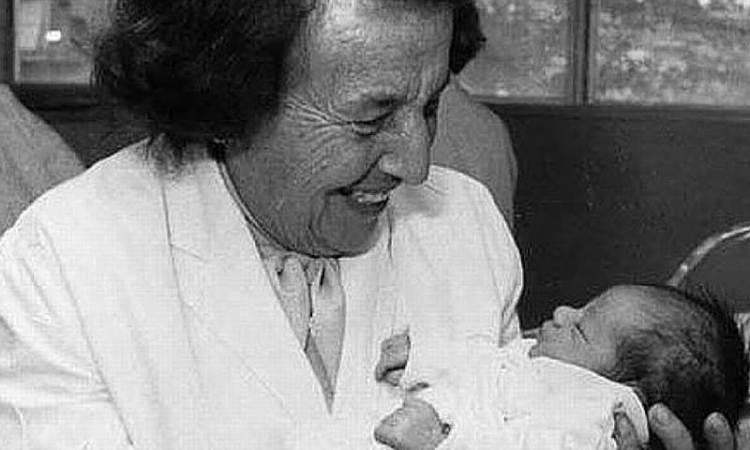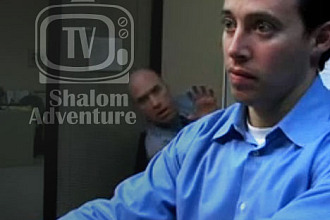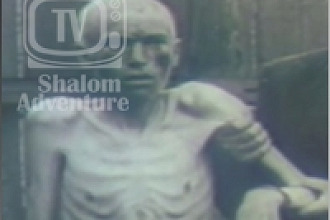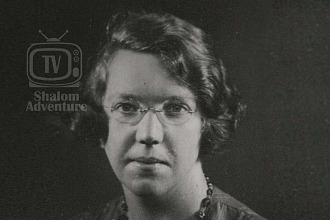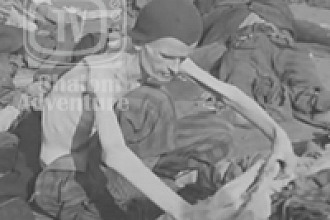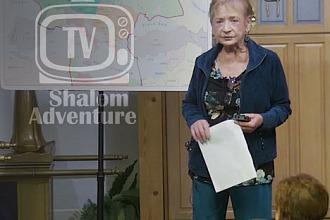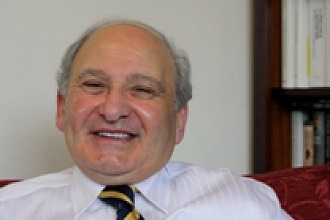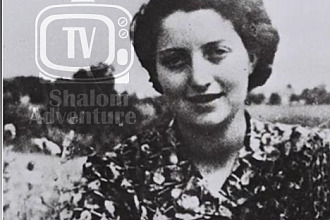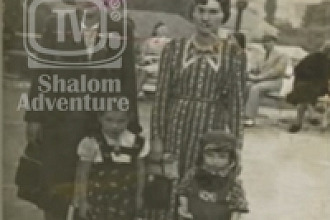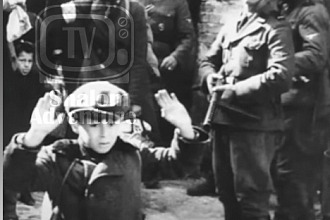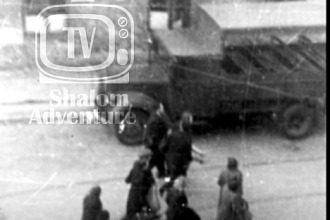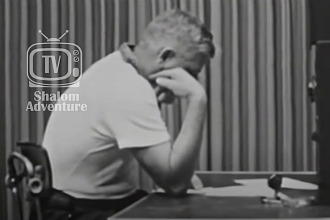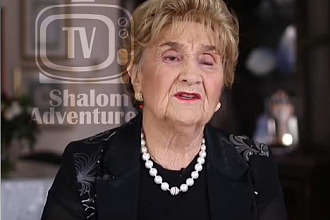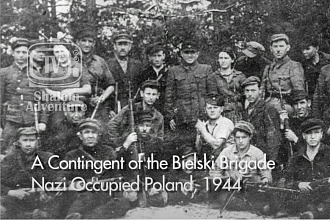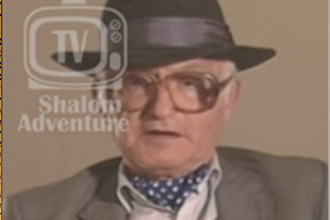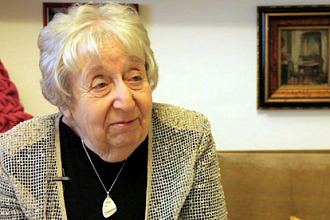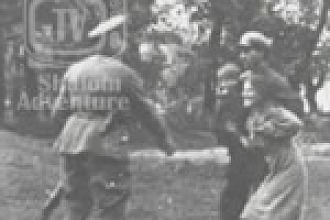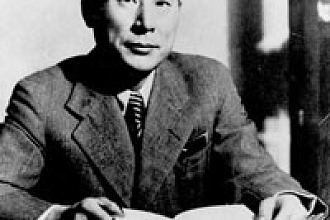Gisella Perl was born into a Jewish family in Hungary in 1907, and aspired to medical school despite the reluctance of her father who did not want her to lose her Jewish faith in a secular medical curriculum, who stated, "I do not want my daughter to lose her faith and break away from Judaism.''
Wishing to obey her father, Gisella prayed, and presented her father with the prayer book months later, stating, ''I swear on this book that wherever life will take me, under whatever circumstances, I shall always remain a good, true Jew.'' That said, her father gave his blessing for his daughter to enroll in the medical school.
Perl graduated from the medical school, married a surgeon, and worked as a a gynecologist in Máramarossziget until her family was loaded into cattle cars, without food or water for eight days and deported to Auschwitz in 1944. The Nazis spared Gisella’s life because of her medical credentials, and granted her gainful employment as a physician at Auschwitz, even working directly with the infamous Dr. Josef Mengele.
"I treated patients with my voice, telling them beautiful stories, telling them that one day we would have birthdays again, that one day we would sing again,” Dr. Perl explained. “I didn't know when it was Rosh Hashanah, but I had a sense of it when the weather turned cool. So I made a party with the bread, margarine, and dirty pieces of sausage we received for meals. I said tonight will be the new year; tomorrow a better year will come.''
However, Dr. Mengele had some other ideas on how patients were to be treated.
"Dr. Mengele told me that it was my duty to report every pregnant woman to him. He said that they would go to another camp for better nutrition, even for milk. So women began to run directly to him, telling him, 'I am pregnant.' I learned that they were all taken to the research block to be used as guinea pigs, and then two lives would be thrown into the crematorium. I decided that never again would there be a pregnant woman in Auschwitz...no one will ever know what it meant to me to destroy those babies, but if I had not done it, both mother and child would have been cruelly murdered.''
Dr. Perl sympathized with the women, and did not want to see female prisoners executed for being pregnant, so she reluctantly made the decision to abort babies to save the mothers. No medical equipment or anesthesia was used; the procedure was often performed on the dirty barrack floors. The procedure broke through the amniotic sac and manually dilated the cervix to induce labor, and the premature infant, not developed enough in most cases to sustain life outside of the mother’s womb, perished within minutes.
“Dr. Mengele asked Dr. Perl for the women who were in the early stages,” another female prisoner reported after the war. “He wanted to do experiments with the babies. But Dr. Perl, at the risk of her life, took the pregnant women out in the middle of the night with my mother to perform abortions, so as not to put the mothers in the hands of Dr. Mengele, giving them a chance to survive.”
”I only remember one child being born there. Dr. Mengele cared for the mother until the end of the pregnancy, and a healthy baby was born. He gave it one month with the mother. He bought it clothes and nappies. Then he realized this was no place for a baby, saying it’s better to take it to the 'children’s hospital.’
“Because I was the lieferant, he gave me the baby to take it to the gate. I heard him tell the mother that ‘the ambulance will come to take the baby.’ When I got to the gate, the guard told me to throw the baby on the floor. I put the baby on the floor. When I came back the mother asked me frantically ‘what happened to my baby?’ And I told her the nurses came to take it. But I knew the baby was no longer alive.”
"The greatest crime in Auschwitz was to be pregnant,'' Dr. Perl recalled after the war. Yet, she was committed to her cause to save the women of the camp against the orders of her superiors, despite being an inmate herself, “...in the night, on a dirty floor, using only my dirty hands...hundreds of times I had premature deliveries.”
Dr. Perl was later transferred to Bergen-Belsen; she ultimately survived the concentration camps. Never wanting to murder another baby, Dr. Perl was originally hesitant to resume her medical practice after the war, wanting to be a witness to the horrors of the Holocaust and human life, but did come to peace with those terrible years and eventually resumed her practice. She worked with family planning physicians and mothers struggling with infertility in the years after the war at Mount Sinai Hospital in New York before moving to Israel. Every time she entered the delivery room, she prayed, “God, you owe me a life, a living baby.”
“It was worthwhile to live. God has rewarded me. He rewards me even more now,” she reflected.
Picture originally found here

